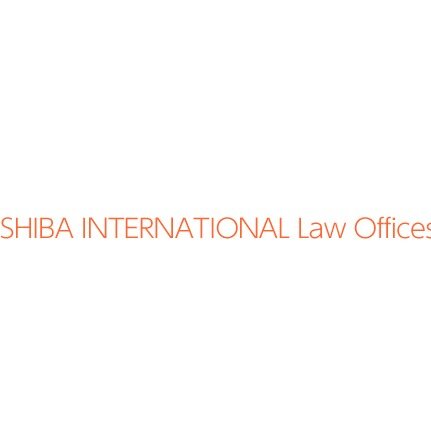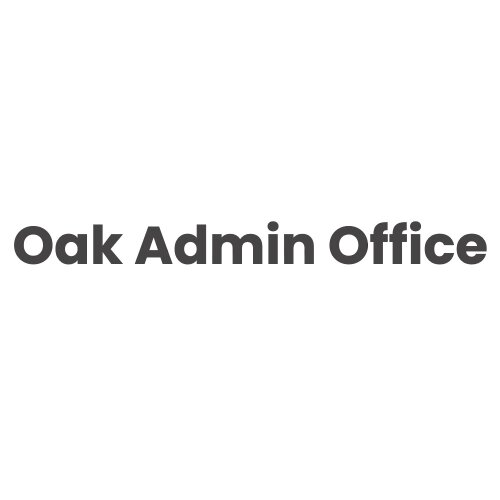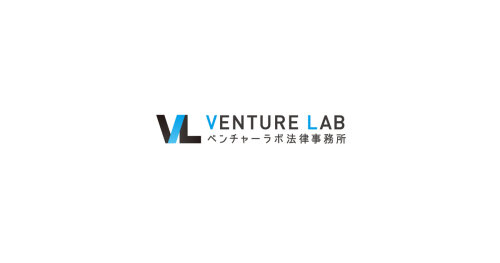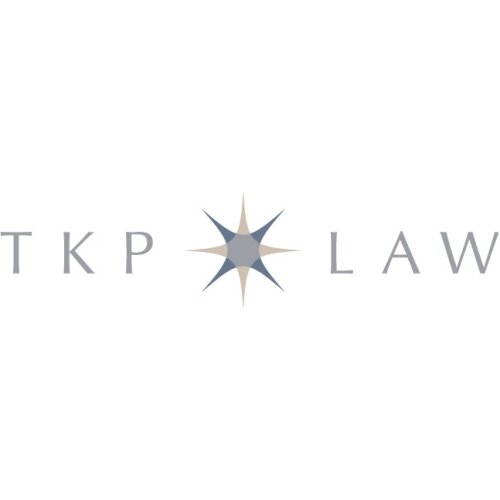Best FDA Law Lawyers in Tokyo
Share your needs with us, get contacted by law firms.
Free. Takes 2 min.
List of the best lawyers in Tokyo, Japan
About FDA Law in Tokyo, Japan
FDA Law in Tokyo, Japan, generally refers to the collection of statutes, regulations, and policies governing the safety, efficacy, labeling, import, export, manufacturing, marketing, and distribution of food, drugs, medical devices, cosmetics, and quasi-drugs. While Japan does not have an agency with the exact name "Food and Drug Administration," the equivalent regulatory body is the Pharmaceuticals and Medical Devices Agency (PMDA) and the Ministry of Health, Labour and Welfare (MHLW). Together, these entities oversee the application and enforcement of relevant Japanese laws, such as the Pharmaceuticals and Medical Devices Act and Food Sanitation Act. Individuals and businesses dealing with products regulated under these laws in Tokyo must comply with strict procedures and requirements.
Why You May Need a Lawyer
Legal assistance in the field of FDA Law in Tokyo can be essential in a variety of situations. Common scenarios include navigating complex product approval procedures, responding to regulatory investigations, dealing with alleged compliance violations, labeling and advertising claims, importing or exporting regulated products, and negotiating with regulators or business partners. Lawyers can also help with licensing, recalls, reporting adverse events, and understanding changes in the regulatory landscape. If your business or personal interests are affected by FDA laws in Tokyo, consultation with a qualified local attorney can help protect your rights and ensure compliance.
Local Laws Overview
Key aspects of FDA Law relevant to Tokyo include the following:
- Pharmaceuticals and Medical Devices Act (PMD Act): Sets out the legal requirements for manufacturing, importing, and marketing pharmaceuticals, medical devices, cosmetics, and quasi-drugs. All handlers of these products must undergo rigorous approval and licensing processes.
- Food Sanitation Act: Regulates the safety and labeling of food and food additives, including oversight of food business operators and imported foods.
- Cosmetics Regulation: Cosmetics must comply with ingredient restrictions, safety testing, and accurate labeling requirements set forth by the MHLW.
- Pre-Approval: Most drugs and medical devices require pre-market approval, which involves clinical trials or performance evaluations, as well as detailed applications to the PMDA.
- Post-Market Surveillance: Businesses must monitor products after market introduction, report side effects, and implement recalls if safety issues arise.
- Advertising Restrictions: There are strict requirements for advertisements and packaging claims on regulated products, with severe penalties for false or misleading information.
Frequently Asked Questions
What is the Japanese equivalent of the FDA?
Japan does not have an authority called the FDA, but the Pharmaceuticals and Medical Devices Agency (PMDA) and the Ministry of Health, Labour and Welfare (MHLW) fulfill similar regulatory roles.
Do all drugs require approval before being marketed in Tokyo?
Yes, pharmaceutical drugs generally require PMDA and MHLW approval before being sold or distributed in Tokyo or elsewhere in Japan.
Can foreign pharmaceutical companies sell products in Tokyo?
Yes, but they must obtain product approval and a Marketing Authorization Holder (MAH) license. Often, a local agent or partner is required for regulatory filings and compliance.
What are the labeling requirements for food and drugs?
Labels must provide accurate information in Japanese regarding ingredients, usage, expiration dates, allergens, and warnings. Mislabeling can lead to severe penalties.
Are dietary supplements regulated like drugs?
No, dietary supplements are classified as "foods with health claims" or "quasi-drugs" and are subject to specific approval, labeling, and advertising requirements.
What is the process for medical device approval in Tokyo?
Medical devices are categorized based on risk. Class II and above require clinical data or performance evaluation, and approval or certification from the PMDA or a designated body.
How are product recalls handled?
Manufacturers and importers must report safety incidents to authorities and have processes in place for swift recalls if products pose health risks.
What penalties exist for non-compliance with FDA-related laws?
Penalties include warnings, fines, suspension or cancellation of licenses, and in serious cases, criminal charges.
Can I advertise health benefits of my product in Japan?
Advertising health benefits is tightly regulated. Only approved health claims may be made, and enforcement against misleading advertisements is strict.
How do I report an adverse event related to a regulated product?
Stakeholders must report serious adverse events to the PMDA or MHLW without delay, usually through a prescribed reporting system.
Additional Resources
Useful organizations and governmental bodies for FDA Law in Tokyo include:
- Pharmaceuticals and Medical Devices Agency (PMDA)
- Ministry of Health, Labour and Welfare (MHLW)
- Tokyo Metropolitan Government - Health and Welfare Bureau
- Japan Pharmaceutical Manufacturers Association
- Japan Cosmetic Industry Association
- Tokyo Chamber of Commerce and Industry
- Japan External Trade Organization (JETRO)
These organizations provide information, guidance, and support on compliance, procedures, and updates on FDA-related laws and regulations.
Next Steps
If you need legal assistance with FDA Law in Tokyo, document your situation in detail and identify which product or issue is involved. Research and contact a reputable law firm or legal expert specializing in pharmaceutical, food, or medical device regulation. Prepare to discuss your business or personal objectives, relevant communications with authorities, and any deadlines. A specialized lawyer can explain your options, represent you before regulatory agencies, and help you navigate the complex regulatory environment to ensure compliance and protect your interests.
Lawzana helps you find the best lawyers and law firms in Tokyo through a curated and pre-screened list of qualified legal professionals. Our platform offers rankings and detailed profiles of attorneys and law firms, allowing you to compare based on practice areas, including FDA Law, experience, and client feedback.
Each profile includes a description of the firm's areas of practice, client reviews, team members and partners, year of establishment, spoken languages, office locations, contact information, social media presence, and any published articles or resources. Most firms on our platform speak English and are experienced in both local and international legal matters.
Get a quote from top-rated law firms in Tokyo, Japan — quickly, securely, and without unnecessary hassle.
Disclaimer:
The information provided on this page is for general informational purposes only and does not constitute legal advice. While we strive to ensure the accuracy and relevance of the content, legal information may change over time, and interpretations of the law can vary. You should always consult with a qualified legal professional for advice specific to your situation.
We disclaim all liability for actions taken or not taken based on the content of this page. If you believe any information is incorrect or outdated, please contact us, and we will review and update it where appropriate.
















